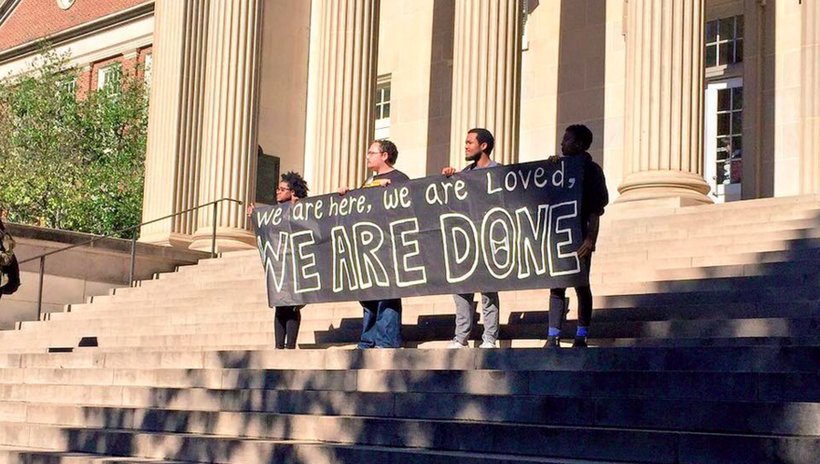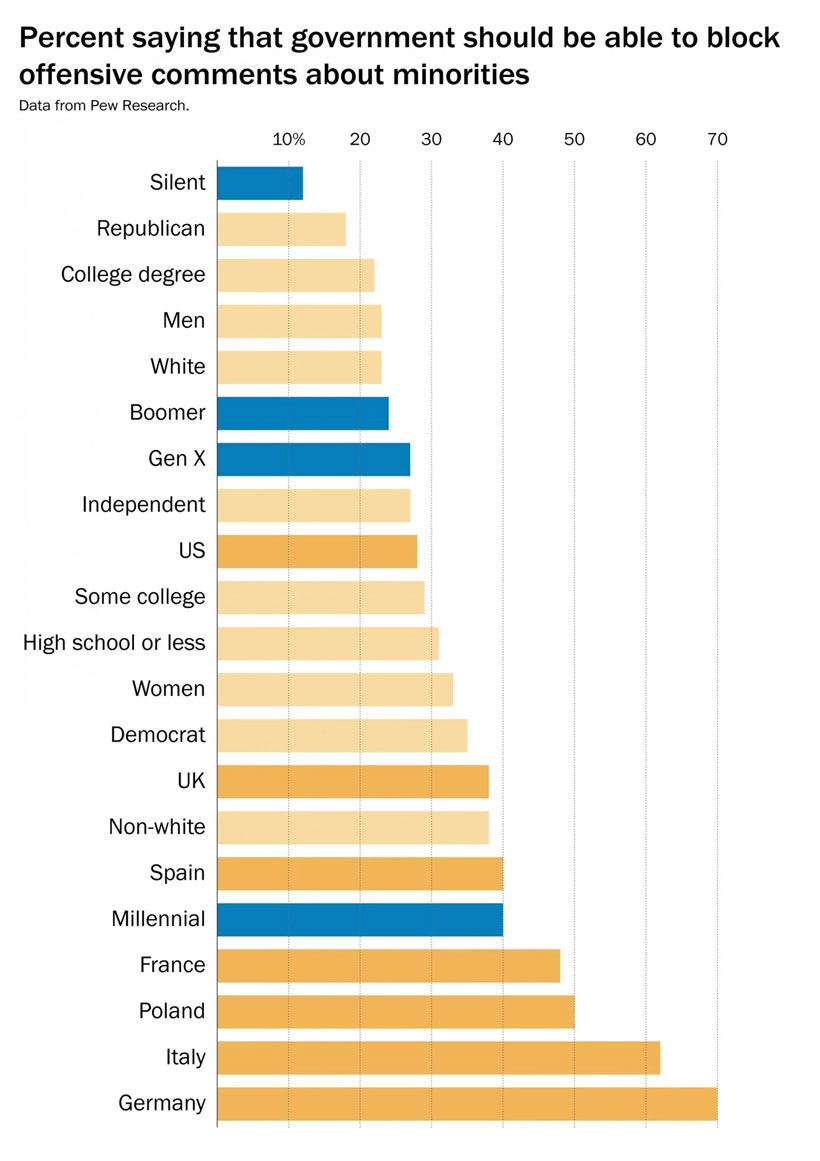
As college protests swept the nation in recent weeks, an unexpected trend emerged in which activists began demanding the creation of so called “safe zones” or “safe spaces” on campus.
These safe zones are often described as areas in which a certain group can huddle away from the mean world outside and “dialogue” with like-minded individuals who are struggling to overcome systemic oppression at the hands of their campus administrators or fellow students.
Dialogue is defined as “taking part in a conversation or discussion to resolve a problem,” so it is hard to see how any true dialogue can take place in the “safety” of a space where, well, everyone there thinks the same way you do.
At the University of Alabama, a radical activist group that has dubbed itself “We Are Done” took to Facebook to explain their rational for demanding such a space on campus in Tuscaloosa.
The purpose of a “safe space” on the University of Alabama’s campus is to promote inclusion and dialogue between both students who belong to marginalized groups (based on race, religion, sexuality, gender, and ability), as well as other student groups on campus. Specifically, this safe space will exist in an accessible and visible location on campus as an intercultural diversity center that is a welcoming space for marginalized students. Additionally, this free-standing building will include not only a safe space for students to study and meet throughout the day, but also resources to help counsel students dealing with transitioning to college (particularly as first-generation college students), microaggressions or overt acts of racism on campus, and programming for social events and meetings.
When you're so clueless you don't even realize you're fighting for the kind of segregation your heroes fought to end https://t.co/7XuOdZdeq9
— Cliff Sims (@Cliff_Sims) November 19, 2015
The trend toward political correctness has undeniably left college campuses less tolerant, beginning with calls to disinvite polarizing or controversial speakers and leading up to the latest movement to create safe zones.
But more than that, these trends are blatantly anti-First Amendment.
So how is it that college campuses, once bastions of free speech and tolerance, have suddenly become places where the free flow of ideas is rejected and debates are silenced?
Stunning new data from the Pew Research Center (and first posted at WaPo) reveal young people in America today — even right here in Alabama — are roughly as supportive of censorship as countries that have no free speech rights whatsoever. Additionally, people of color — who make up the vast majority of campus protestors in recent weeks — are more supportive of censorship than any other group.
The Washington Post sums up these findings by noting, “If we paint with broad strokes, we can see how this overlaps with what’s happening on college campuses. Young people and people of color support limiting free speech when the target is offensive comments about minorities.”
This graph from WaPo illustrates the point:

The largest gap among Americans is between young people and the so called Silent Generation (70+), which, in spite of its name, only includes about 12 percent support for some level of censorship. Meanwhile, 40 percent of Millennials (18-34) back the silencing of certain types of speech.
“I think the problem is they’re trying to use this word ‘safe’ – which conveys the image of a violent attack – and turning it into safe from ideas and statements we find offensive,” UCLA law professor Eugene Volokh told Fox News. “There is no right to be safe from that. That is directly contrary to what universities are all about. This is destructive to the university as a place for debate and the pursuit of truth. If we allow this to happen — as citizens, as alumni — the results will be very bad for higher education and for the country. What I would say to people on the left, I would remind them that so many of the movements they hold dear got where they got because of free speech — like the Civil Rights movement. The more you try to insulate yourself from contrary ideas, the weaker your arguments are going to be.”
Dr. Volokh makes a compelling case, but the data suggest his argument will likely fall on deaf ears. The fact of the matter is, an alarming percentage of this up and coming generation of Americans — and Alabamians — just does not recognize the importance of the First Amendment the way older generations do, and the results are playing out before our eyes in the form of anti-free speech movements at UA and beyond.
RELATED: Thoughts from a UA student: There are no ‘safe zones’ in real life
This graph explains why activists are demanding anti-First Amendment ‘safe zones’ at the Univ. of Alabama and beyond https://t.co/lri98AGbDy
— Cliff Sims (@Cliff_Sims) November 25, 2015
Don’t miss out! Subscribe today to have Alabama’s leading headlines delivered to your inbox.